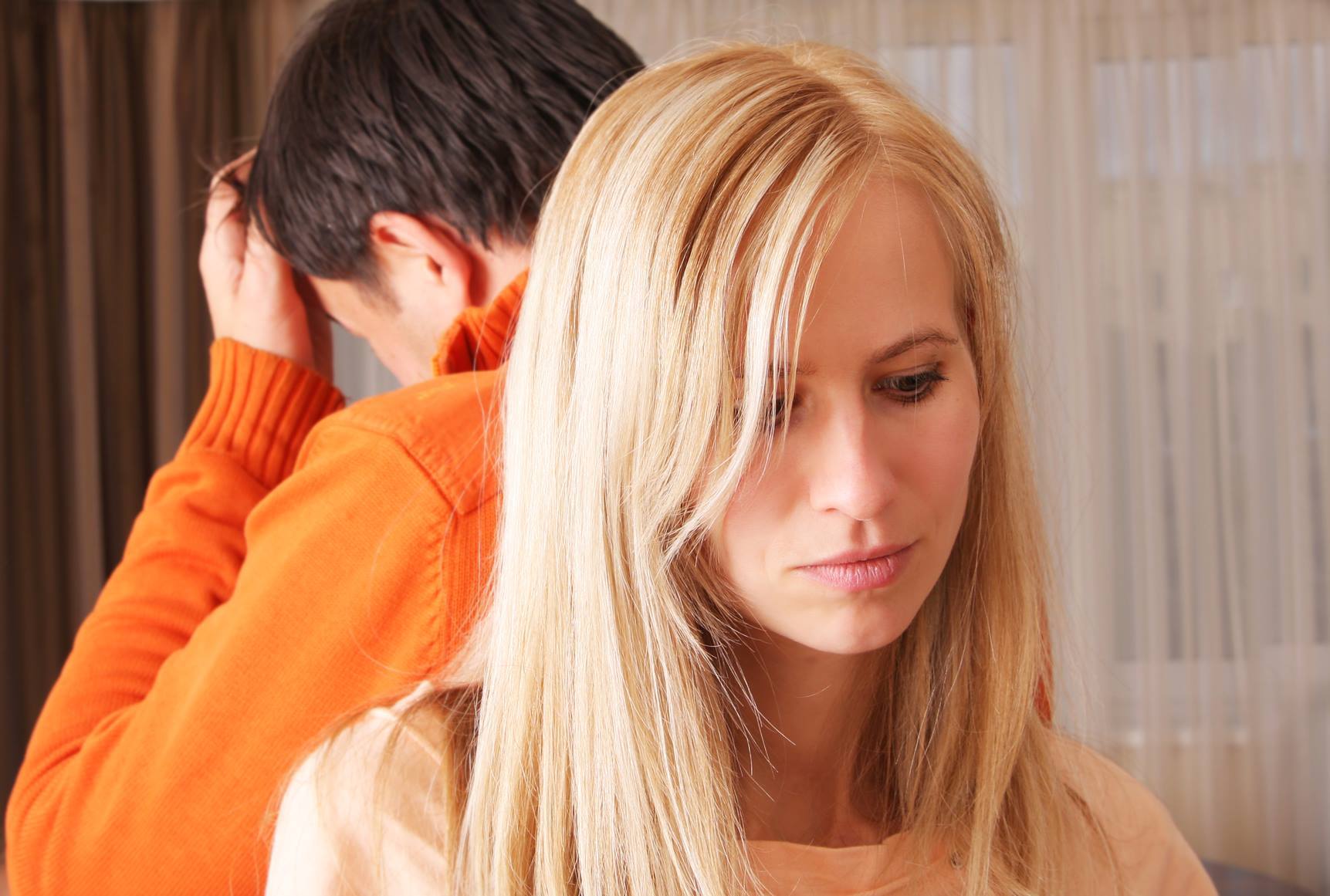The practice of BDSM physiologically triggers many of the same hormones that sky diving and other extreme sports may invoke. In particular, the stress hormone cortisol is often released, particularly by the receiver of the sensations, which helps to turn off the executive functioning area of the brain leading to feelings of euphoria and increased partner connection.
Heather McPherson, certified sex therapist and CEO of the Sexual Health Alliance (as well as my professional mentor), describes this state as “subspace.” “Subspace is a state that some players attempt to accomplish, where you can tolerate more pain and sensation than usual,” she explains. “Experienced players often call it, ‘flying.'” These are the feelings that often tend to make couples feel more bonded following a session.
Unfortunately, the flip side of this euphoria is all too common in the hours and days following an intense experience, especially for those on the receiving end. For those new to BDSM with a history of anxiety and depression, this is an important fact to keep in mind. In addition to the increase in cortisol, participants have also had an increase in endorphins, which bind to the opiate receptors. The steep drop-off in these chemicals can create a state referred to as the “sub drop.”
Sex therapist and erotica writer Dr. Donna Jennings explains that sub drop follows the “endorphin release after a BDSM scene, where the body works to move back to a normal chemical state.” She says that chemical drop can create both a physical and emotional reaction. Physically, a person can feel fatigue, aches, and pains. Emotionally, McPherson adds, a person can experience a range of emotions including “sadness, numbness, disconnection, guilt, or shame.”
Unfortunately, for those new to BDSM, sub drop can often get misinterpreted and misattributed to other aspects of the participant’s life and relationship.
By understanding what happens in the mind and body during a BDSM session, you can better prepare for the intense psychological ups and downs.
According to certified sex coach Ginger Hart, it’s best to mentally prepare ahead of time. Hart says there are two distinct phases people go through when they first begin exploring BDSM: the curious state and the adventurous state.
“The curious state is all about watching, learning, and gathering information to figure out what you’d like to explore, which builds confidence and excitement,” Hart explains. “This state is fragile, and [people] should consider adopting the mantra, ‘I would like to watch. I’m not ready to play.'”
She says that those new to BDSM shouldn’t move from the curious phase to the adventurous state until “they feel secure in their desires and are able to articulate and define personal boundaries.”
Once you’ve engaged in a session, you and your partner should participate in what’s referred to as “aftercare” to help prevent and subvert negative feelings associated with sub drops. In aftercare, usually the dominant partner takes care of the sub by participating in caretaking activities. These might include one partner holding and caressing the other, falling asleep in each other’s arms, giving a massage, running a bubble bath, or cooking their favorite meal following an intense scene. Participants can also plan to have self-care activities after they play to lessen the effects of sub drop (or top drop, which can also happen). Aftercare following a BDSM session should also help to increase the bond between partners.
If for some reason your partner is not offering you this type of care after your play session, you can still practice self-care on your own, including eating your favorite foods and indulging in your favorite Netflix shows—especially those that make you laugh.
Reaping the psychological rewards.
While BDSM might not be for everyone, McPherson explains, “This area of practice does contain great risks and rewards.” Counter to what you might expect, “for those with sexual anxiety, they can feel relief and comfort in BDSM play because it requires in-depth communication about what might happen as well as negotiation about what will happen and what they do not want to happen, which can calm nerves.”
Once you’ve decided to try out BDSM for yourself, it’s important to properly educate yourself and to listen to your partner.
“The key to safely expanding and exploring new areas of sexuality such as BDSM is to be aware of your own needs and desires, as well as those of your partner,” Hart says, “and to know when to push forward and when to remain curious.”









